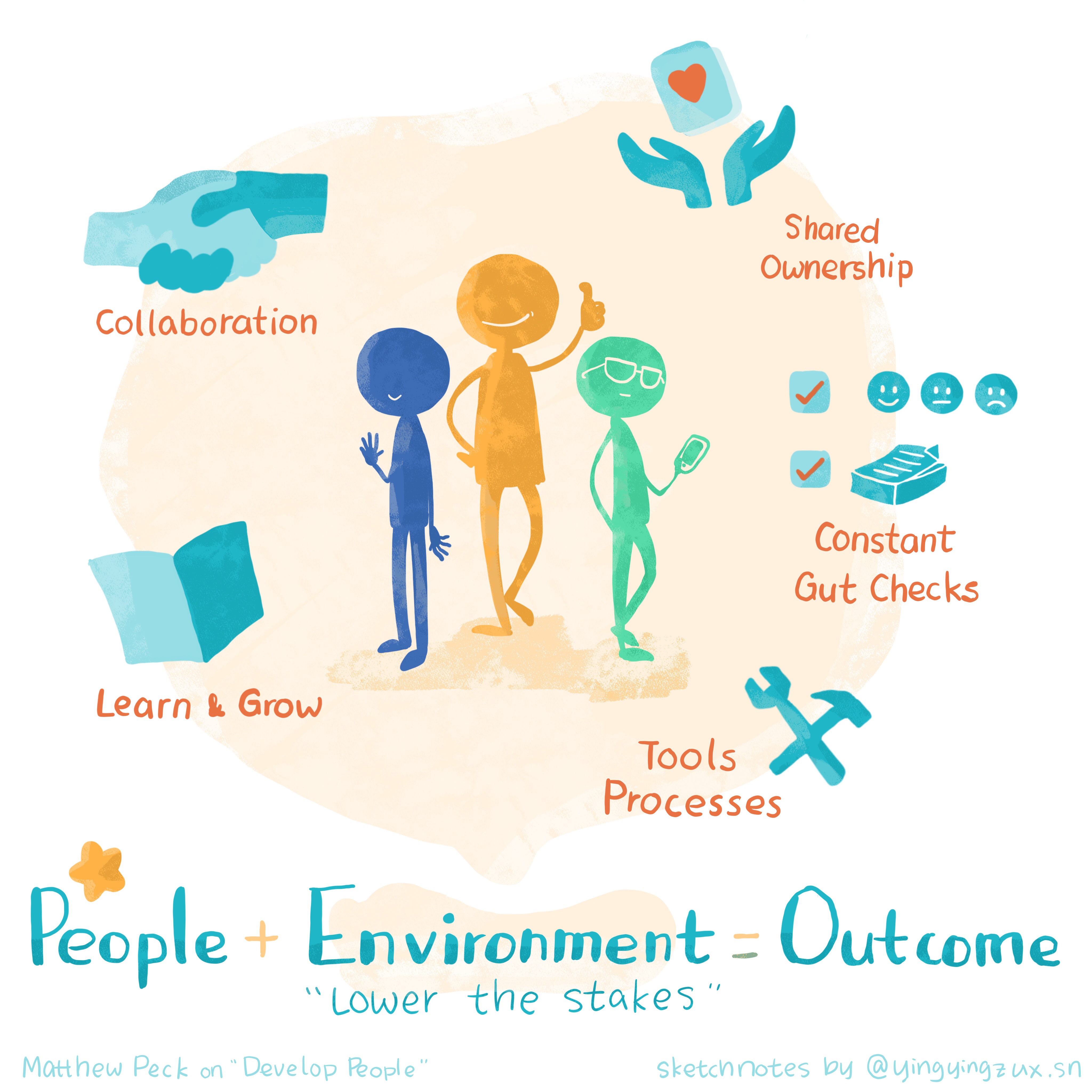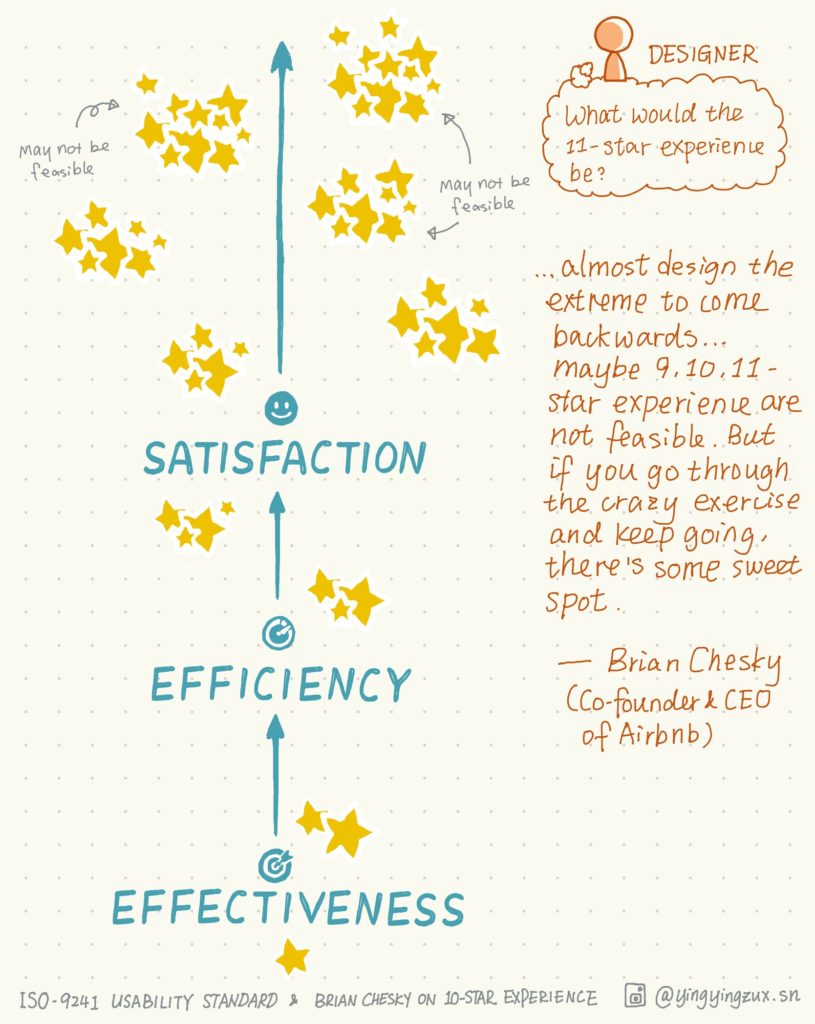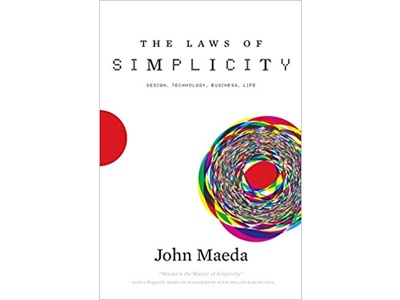
Some say good attitudes = good outcomes. But good managers know that this is not true. Here’s a framework from my coworker on developing people.
Continue reading
Some say good attitudes = good outcomes. But good managers know that this is not true. Here’s a framework from my coworker on developing people.
Continue readingContinue readingWhen prototyping, always try wackier/quirkier stuff first. The deeper you get into a project, the more conservative it tends to get. Stranger ideas are more at home earlier in the process. Jason Fried
Here’s a presentation I gave to my coworkers in a brown bag session. It’s a while ago, but still holds true. My goal was to help all of us better understand accessibility, its impact for users as well as how we could better build our software for users who have disabilities.
Continue readingBehzod shared a 4-step research framework on how to decide on what/how to research: DECISION -> EVIDENCE -> DATA -> APPROACH.
Continue readingOut of all the different types of card sorting I’ve learned, this modified Delphi card sorting method is the most interesting one.
Continue readingAs designers, our intuition and judgement take a big part when it comes to evaluating our own design ideas.
Sometimes, I kill ideas when they’re still in my head.
The problem with that is several fold.
Continue readingHow to expand your design explorations? How not to explore just “safe” design options?
Continue reading
Trained academically as a computer science student, I was used to/still sometimes evaluate feasibility too early. When a solution appears, my mind starts asking “is this feasible” very quickly. That’s the downside of having an engineering mindset: you may run “feasibility evaluations” for your design solutions your head too early, rather than putting all the solution options onto the table, and waiting for your engineering partners’ expertise. This resulted in eliminating certain solutions prematurely. When you care about “what is feasible” too much too early, you stop going an extra mile to add a level of star experience for your users.
Continue readingI really love this “Perceived Performance” presentation from Eli Fitch.
Waiting in a line at DMV. Enjoying an exciting concert. Working on a project with a tight deadline. People perceive time differently in various situations. How would a bit front-end engineering effort make a difference in people’s perception on applications?
Continue reading
Simplicity is about subtracting the obvious, and adding the meaningful. — John Maeda